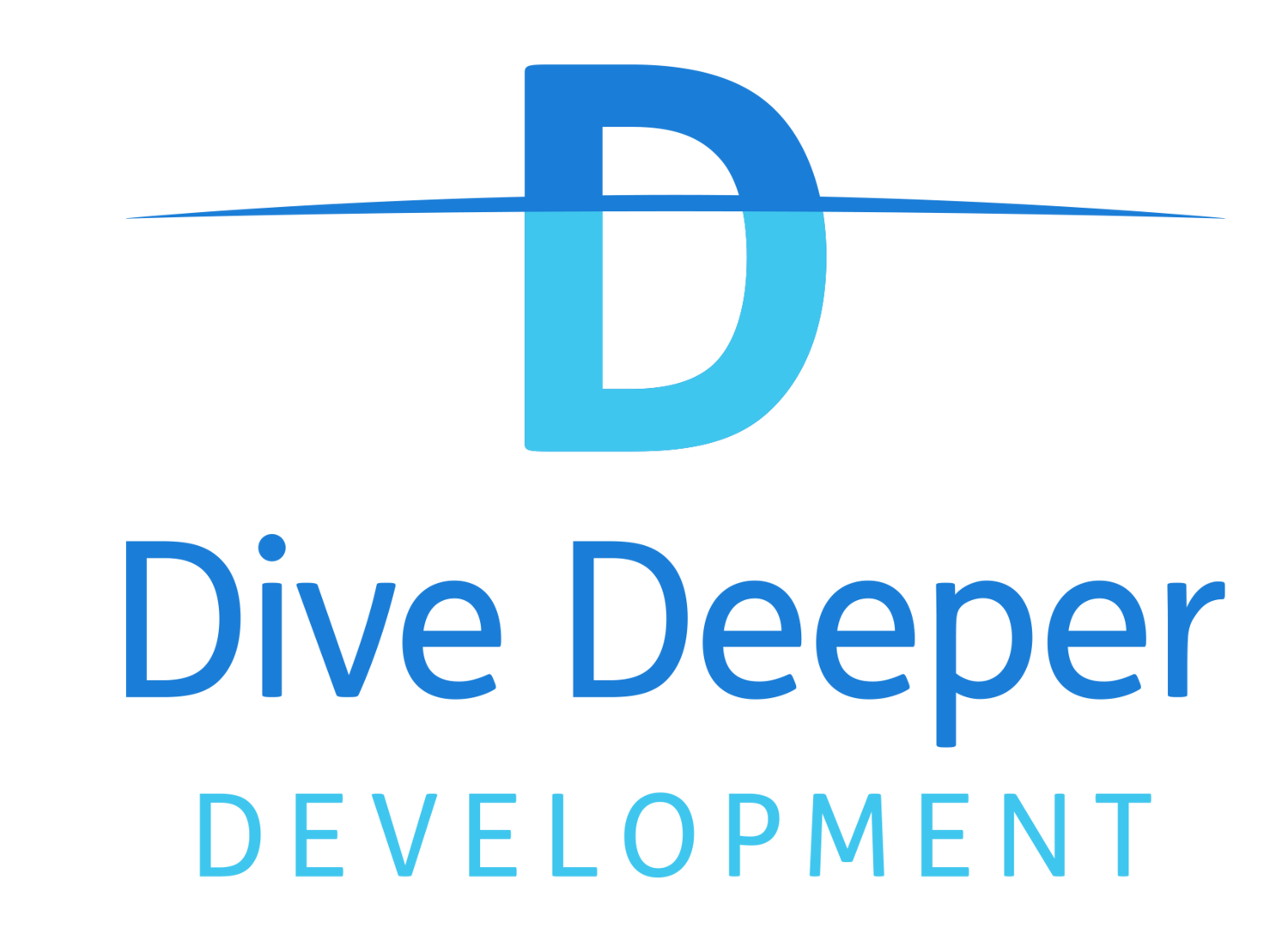D&I: Why you SHOULD say the wrong thing sometimes!
“But what if I say the wrong thing?”
My advice: stop worrying about that. You probably will at some point, and that's OK.
When I ask businesses about their approach to innovation, they tell me, “If you're not making mistakes, you're not trying anything new.” Yet, when I ask the same people about their thoughts on D&I, they talk about the fear of getting it wrong. Why do we understand that we can't grow if we aren't open to making mistakes in our processes, but not when it comes to our people?
I guess it's because the stakes are higher. I believe that very few people come into work wanting to offend anyone. Most people are scared of saying the wrong thing. The problem with this way of thinking is that it puts us and our feelings at the centre when we should probably be thinking more about others.
I attended some training about supporting young people on the subject of racism. Most of us on the call were white. Some people asked the facilitator what the appropriate terminology to use around race was. BAME? Black? Asian? Brown? The facilitator told us that there was no one term that worked for everyone and that we would just need to ask the young person we mentor.
“But what if we say the wrong thing?”
She asked us: “What's worse? You say something wrong and feel a bit awkward, or you avoid the conversation out of embarrassment and the person thinks you don't care?”
Fair to say, that answered our question. A moment of awkwardness on our part was not more important than letting our mentees know that they are supported.
So what if you make a mistake?
You probably will. You can't possibly know every race, religion, disability, sexual orientation, or gender identity. But isn't it better to engage, take the risk of making an honest mistake, and let someone correct you than not show up at all? They might get upset. Maybe that's because you need to learn. Or maybe they have faced a lifetime of correcting people, and your comment was just the straw that broke the camel's back.
No one likes to be corrected. But humility is needed to grow. After all, if you're not making mistakes, you're probably not trying.
